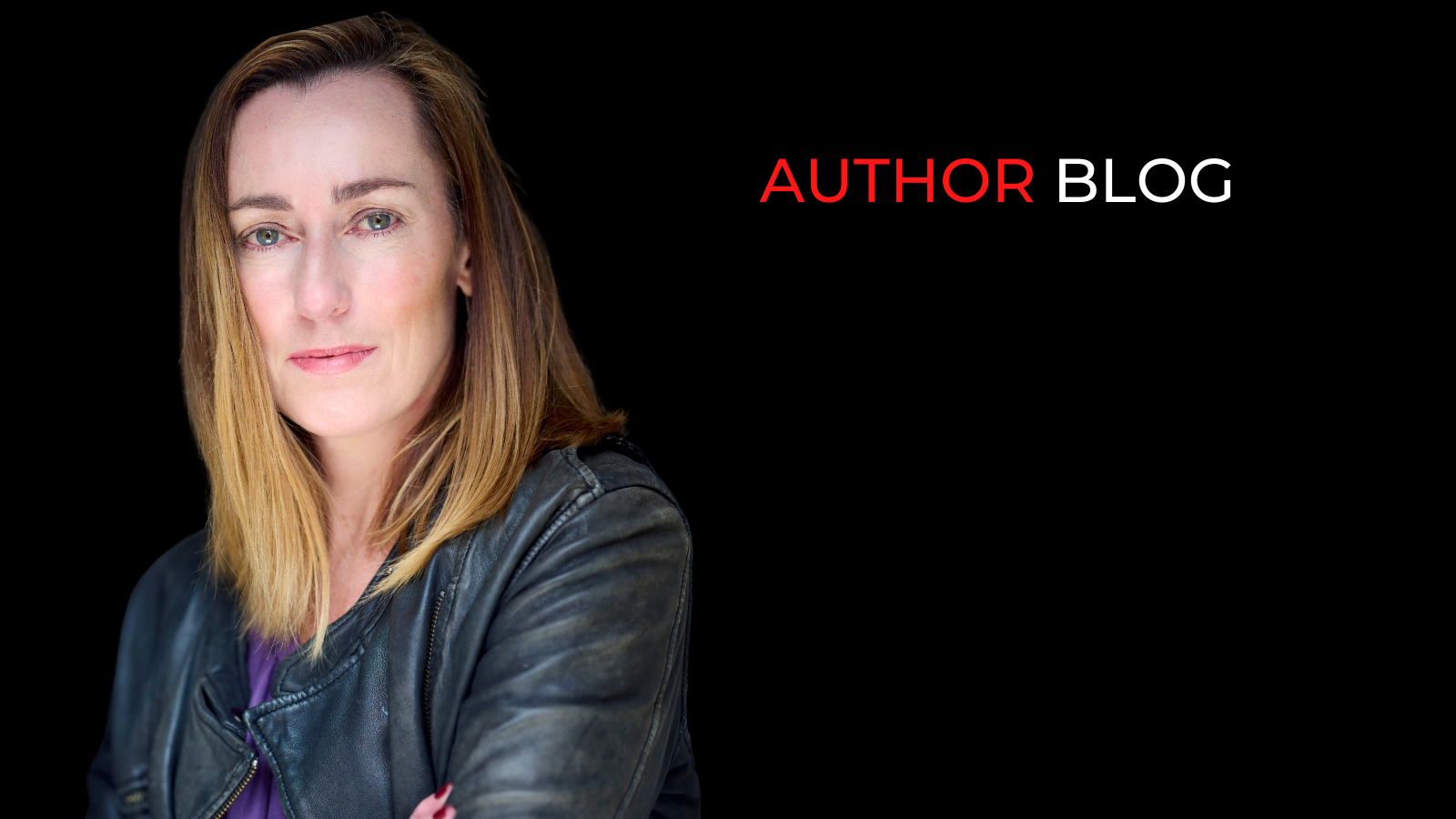The 1973 Aquarius festival, the final in a series of festivals organised by the National Union of Students was a celebration of alternative thinking, arts, and music taking place in a tiny, relatively unknown town in northern NSW called Nimbin. The event drew an estimated crowd of between 5,000 and 10,000 people and it would have a lasting impact on its people and indeed the region. From that time on, Nimbin would be labelled as the counterculture capital of Australia.
I was only two months old when that festival took place and living in a working-class suburb on the outer fringes of Brisbane. Like Nimbin, we hosted an annual community festival that coincided with the Jacaranda season. Unlike Nimbin, my suburb was known for being the site for the state’s biggest adult psychiatric hospital, which reportedly housed children who were wards of the state alongside the criminally insane. My suburb was also within a stone’s throw of some of the state’s most brutal crimes including the murder of a twelve-year-old schoolgirl who lived in my street. Less than 200kms separated my home and the town of Nimbin. They could not have been more different.
I became attracted to New-Age ideas in my late teens. This largely involved visits to Bryon Bay to stay at the Arts Factory, late nights of drinking, and a full-throttle immersion into the alternative music scene of the noughties. During one of those late nights, I met a man at a bar who had bought a block of land in an intentional community on the Sunshine Coast. He invited me to visit, and I took up the offer, dragging along a wing woman for security – the bloke was twice my age. It turned out to be fine. Once I made clear the relationship was only ever going to be platonic, we formed a friendship and he let me come and stay whenever I wanted. I recall magical nights of music at the community hall and skinny dipping in the waterhole. Falling asleep under a blanket of stars, I recall thinking it would be the perfect setting if I ever wrote a book.
Twenty-five years later, I’m in an evening writing class in Melbourne and the tutor tasks us with creating a scene incorporating all the five senses. I put pen to paper and like magic, the words flowed.
Although the waterhole was only a short walk away the humidity had already replaced the cool night air. Last night’s storms had been a welcome reprieve, but he knew this would be short-lived and today would end up the same way as every other January scorcher. Best to get the job done early.
As soon as I’ve written it, I have this strong sense that this story’s got legs. There’s been a missing hook in the inter-generational family drama I’ve been tinkering away on for months. Where I thought my story started isn’t where it started at all. I need it to begin with the discovery of a body. My excitement was quickly replaced by unease. Oh God – this is turning into rural noir.
Only last week, the tutor said we should avoid writing to trends. Australia has been riding a wave of rural crime novels since Jane Harper hit the shelves with The Dry in 2016. How many more do we need? How many more small towns have big secrets? Surely, they’ve all been uncovered by now. I’m not sure I can do this. I certainly never planned to write a crime novel.
I try to imagine what might set my story apart from all the other crime novels on the market. I type ‘tropical noir’ into Google. A wondrous gourmand with top notes of bergamot and a base of rum. Turns out, tropical noir is a perfume. Surely, it’s some kind of sign? Bundy rum, made from the best sugar in the country is farmed in the subtropics of Queensland. I return to the blank page.
They say you should write what you know. My book is set in an intentional community, the kind that I visited all those years ago. I don’t know what it’s like to grow up in a place like that, where people come together around a common purpose and are working together to build something better. I’m not from there. So, I create the town of Hopeville which is much more familiar to me. It will border my fictitious community. I realise that all my favourite characters are those on the fringes. Some of them happen to be criminals. Many are victims of circumstance. They grapple with drinking problems, limited educational and employment opportunities, racism, and structural inequality. I know these people. I grew up with some of them.
The final thing that holds me back is that I still need to crash-tackle my inner snob. It’s no secret that crime novels are still seen as low art amongst some literary circles. Also, the market is at risk of saturation. I experience this pretty quickly once I start submitting to agents and publishers. I get a few rejections praising the book and particularly the setting but it’s the same old thing, ‘our list is pretty full of crime books at the moment.’ Or ‘I loved it but I’m not sure where it fits’.
I’ve all but given up hope when I get the call from my agent. There is interest. They want a conversation. I’m so naïve about this whole publishing game that I have to ask her if that’s a good thing. ‘Yes darling, it’s a very good thing,’ she says kindly.
When the offer comes a few days later, I don’t do what I always imagined I would do if I ever landed a book deal. I don’t punch the air or cry with joy. I close the door to my office and let the relief wash over me.
More info here.

